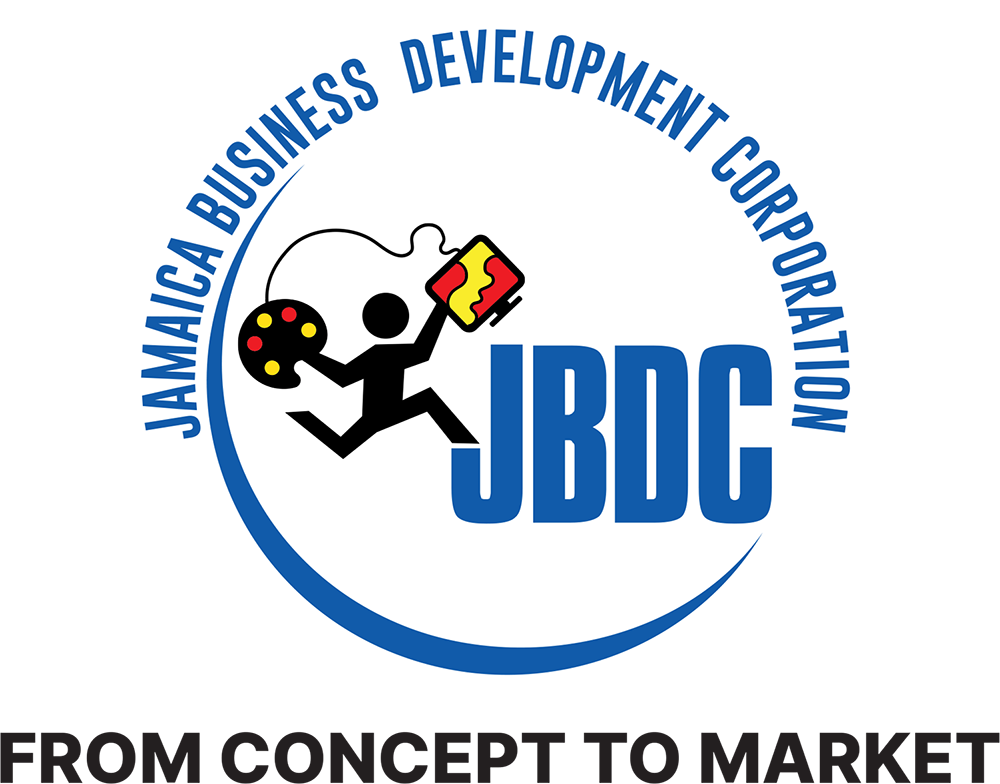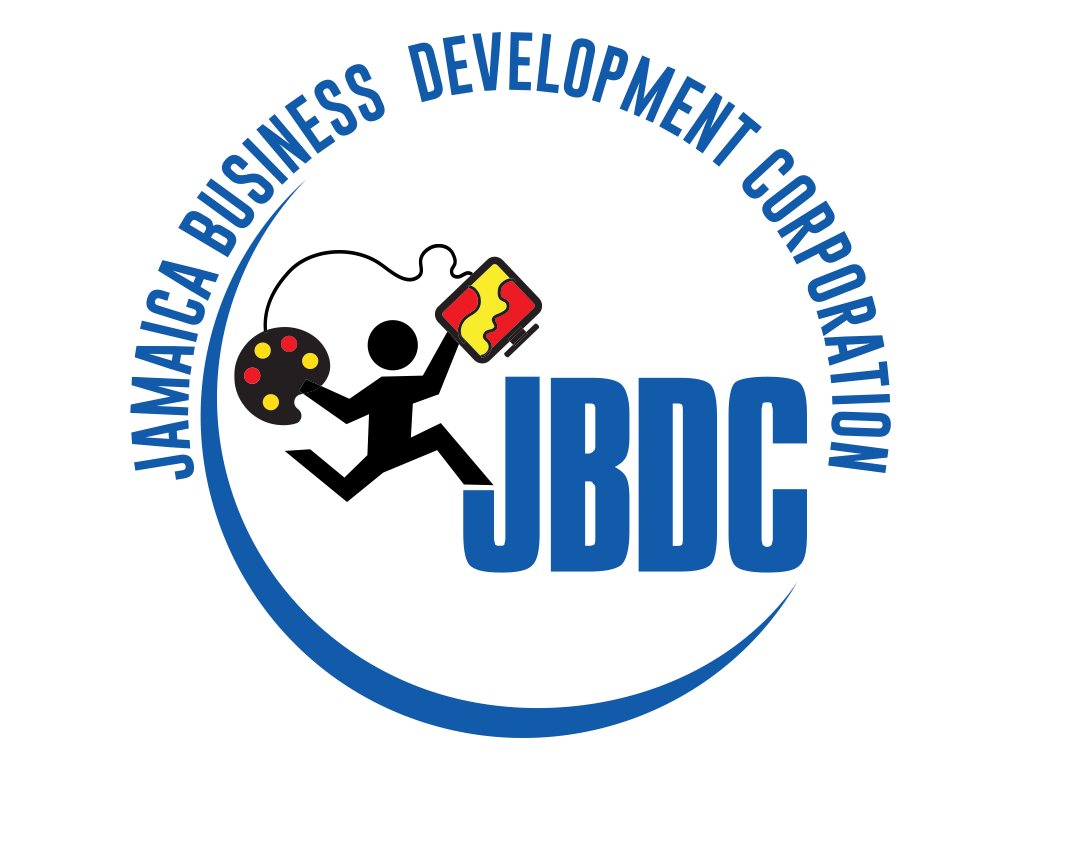PRESS RELEASE
FOR IMMEDIATE RELEASE: APRIL 29, 2022
KINGSTON, Jamaica – Business growth experts in the Micro, Small & Medium-sized Enterprise (MSME) sector are positing that innovation and technology, clustering, standardisation and import substitution are key intervention areas for developing the local agro-processing sector for the export market. Discussions surrounding the subject were facilitated in a recent virtual Business Dialogue Forum organised by the Jamaica Business Development Corporation (JBDC), which saw local, regional and international specialists weighing in on export strategies under the theme, “Going Global: Developing the Agro-processing Industry for Export”.
Addressing the forum, Chief Executive Officer, of JBDC Ms. Valerie Veira commented “JBDC has always emphasised the importance of agriculture to our economy and can boast that a large fraction of our clientele fall within the agroprocessing sector. However, within this fiscal year, particular focus will be given to the sector as it is becoming even more critical based on what’s happening in our global environment, considering the pandemic and food shortages. We want to identify the niches in the vast market where our clients can really make their mark.”
Continuing, she said “In Jamaica we speak a lot about the 41% of lands that we deem to be great for agriculture, we must note that innovation and technology expands that landscape even more and we need to be looking for those possibilities. Along with innovation and technology, the cluster approach has the capacity to help us go to the world.”
Ms. Lisa Harding, Coordinator, MSME Development of the Caribbean Development Bank (CDB) contextualising the state of the current ecosystem said “There are a number of problems that businesses within the agro-processing sector face. These problems greatly impact their competitiveness, such as affordable capital, high transportation cost and inconsistent supply of raw materials”
She added that the answer to these difficulties lie in a multi-pronged approach and partnerships which focus on a number of things such as streamlining business related processes as well as helping MSME’s understand business cluster dynamics.
Mr. Maximillian Foedinger, International Consultant, commenting on the success a cluster approach can have for the sector said “It doesn’t matter how much experience a micro business has, there is no way to get all the information needed to enter a new country and export there, so within the cluster we aim to build them up and make them strong together. We are aiming in our cluster approach to add more value to the raw material and then export it.”
Mr. Foedinger is the International Consultant currently working with the JBDC on the Increasing The Export Capacity Of Micro And Small Agro-Processors Using The Cluster Approach Project. The Project, financed by the European Union (EU) and supervised by the CDB will provide training to farmers, entrepreneurs and JBDC staff, improved infrastructure, additional services and systems at the JBDC managed resource centre and incubator to benefit agroprocessors. The aim of the initiative is to actively grow exports nationally in keeping with development targets for the sector.
Mr. Harold Davis, Deputy Chief Executive Officer chiming in on the conversation added another variable – import substitution potential. He noted “For JBDC, agriculture and agribusiness represent significant export potential, but just as important as that is the import substitution potential of this sector. You don’t need to go much farther than the supermarket shelf to see how important this imperative of import substitution is. Unfortunately, a large majority of our things are imported.”
Continuing, Mr. Davis said that with a significant tourism market, we need to be able to feed ourselves and provide our export products to the tourism sector.
Speaking on the MSME’s capacity to meet global standards, Ms. Julia Douett, Director of Standards at the Bureau of Standards of Jamaica (BSJ) mentioned the important role standardisation plays in the process of going global. She noted “Each node of the agro-processing value chain must be properly standardised and attain global standards.” Ms. Douett added that special consideration and investment must be given to the individuals that range from the beginning of the value-chain straight through to the end, “from farm to fork.”
Ms. Harding in commending the work of the JBDC said “Let us continue to work collectively to change the narrative in the region and in Jamaica that we are just primary producers and let us continue to be steadfast and deliberate in bringing value to highly sought-after products that we have the privilege of producing to be able to increase export.”
-END-







